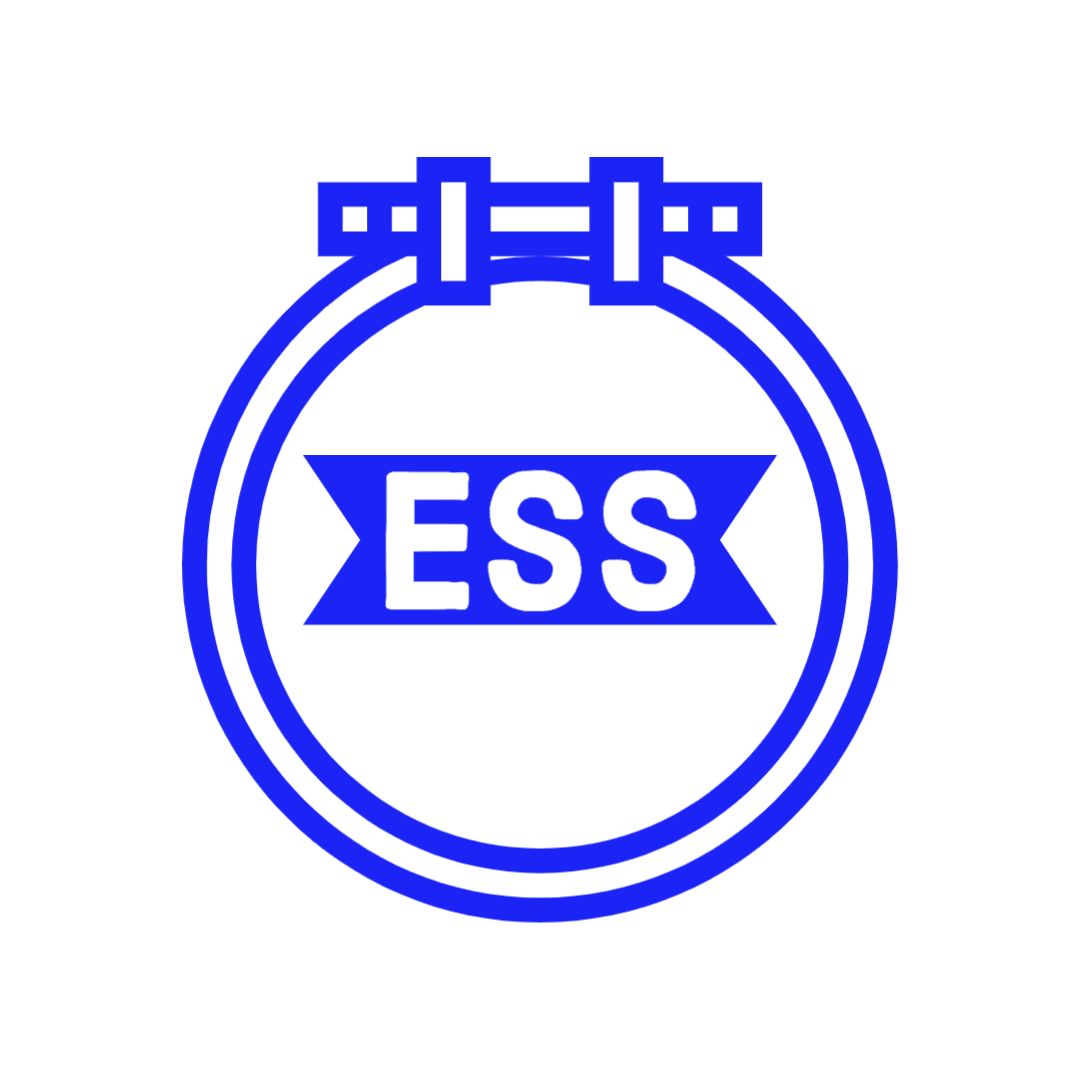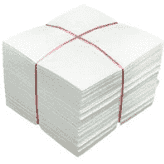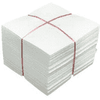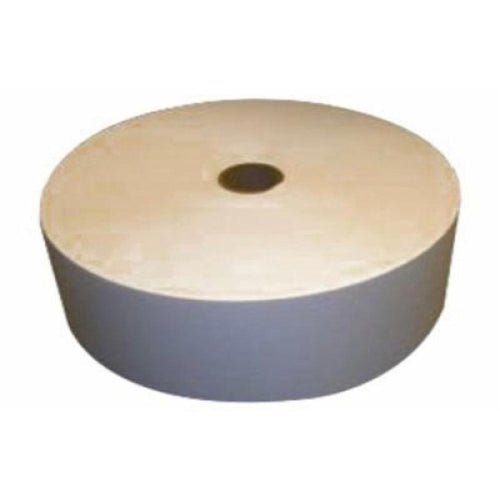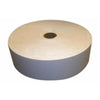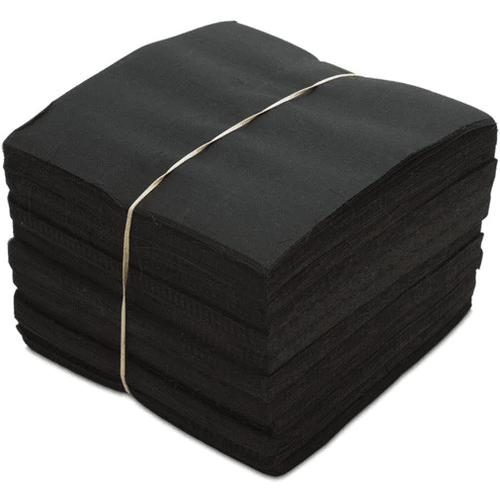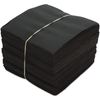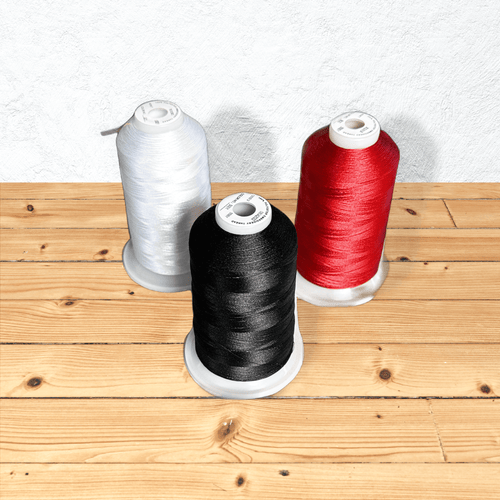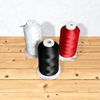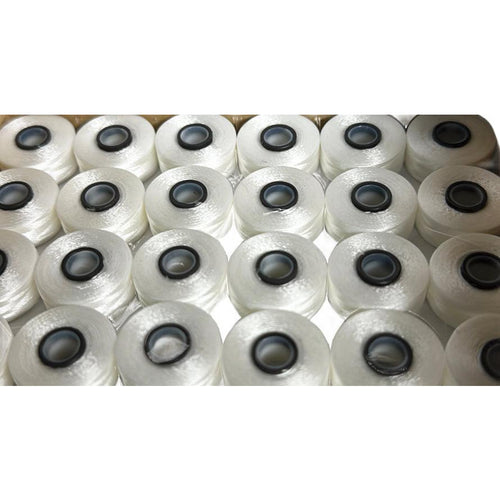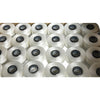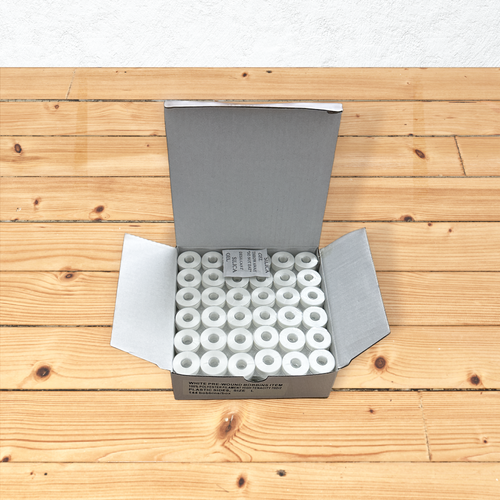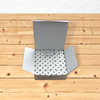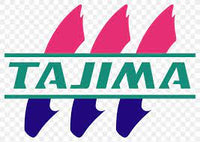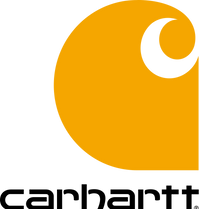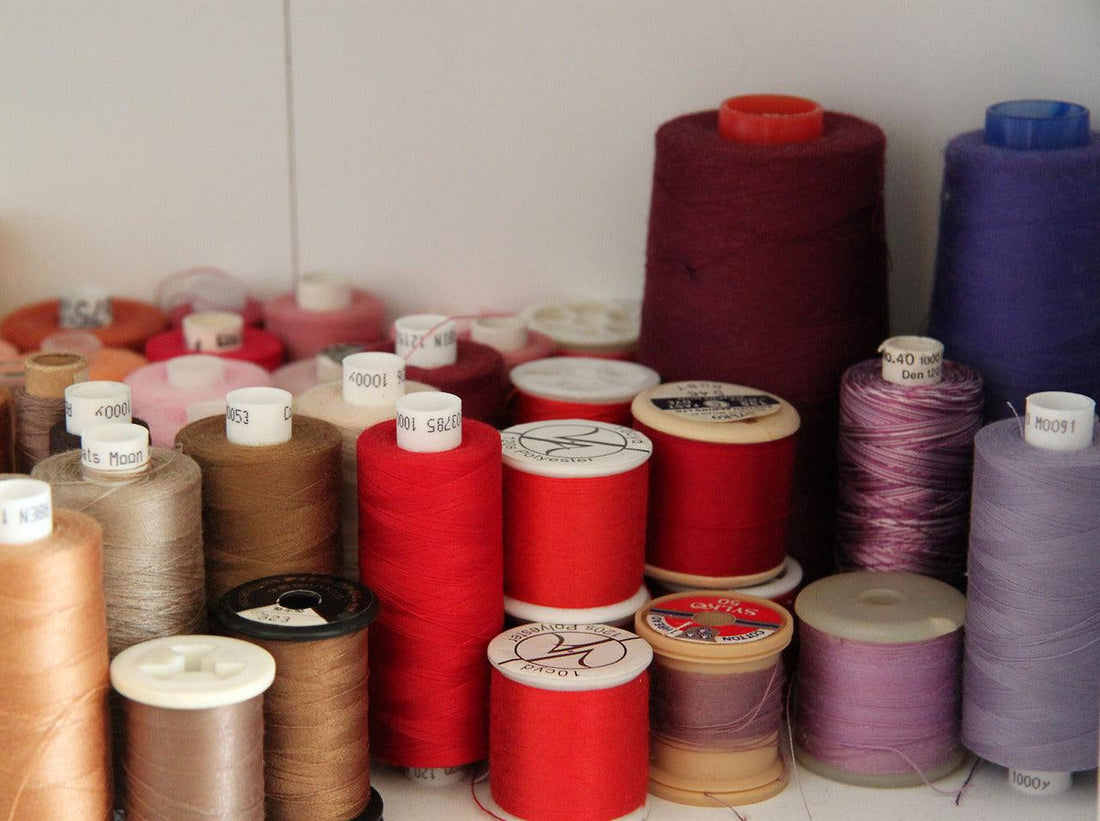Embroidery thread weight refers to the thickness of the thread. There are several types of embroidery thread weights to choose from, including:
-
#40 weight thread: This is a standard weight thread that is ideal for most general embroidery applications. It works well with a variety of fabrics and is commonly used for lettering and simple designs.
-
#30 weight thread: This is a lighter weight thread that is often used for delicate and detailed designs, such as lace and satin stitch work. It is also ideal for use on lightweight fabrics.
-
#12 weight thread: This is a heavy weight thread that is typically used for cording and embellishments, such as adding raised accents to a design. It is also suitable for use on heavier fabrics, such as denim and canvas.
When choosing an embroidery thread weight, consider the type of design you are working on, as well as the type of fabric. A general rule of thumb is to use a lighter weight thread for lighter fabrics and a heavier weight thread for heavier fabrics.
To use embroidery thread, simply thread the machine according to the manufacturer's instructions and start stitching. Some embroidery machines may have specific thread guides or tension settings, so be sure to check the machine manual for detailed instructions.
It's important to note that using the correct thread weight and tension can greatly affect the quality of the embroidery, so be sure to choose a thread weight that is appropriate for your project and adjust the tension as needed for optimal results.
